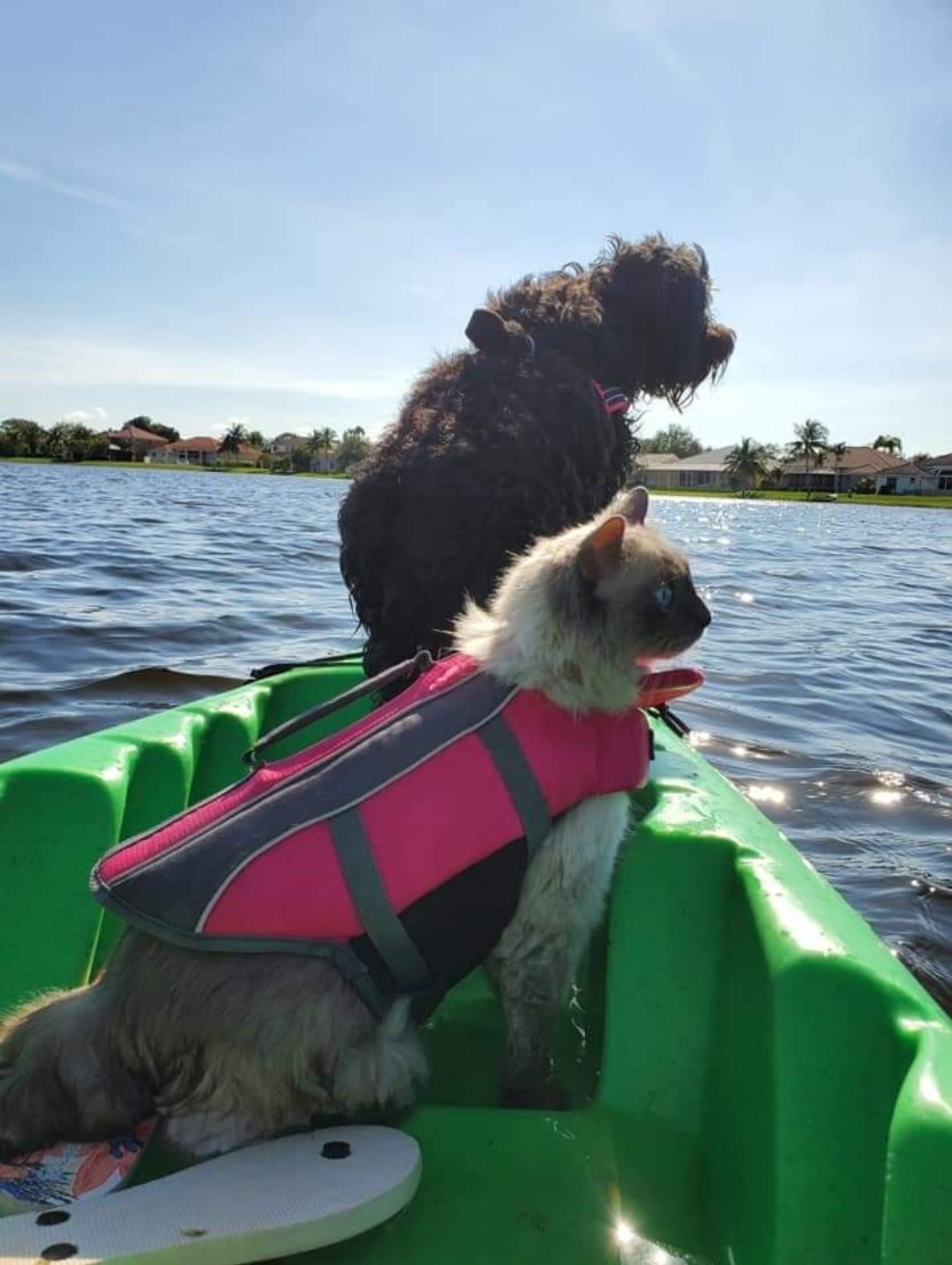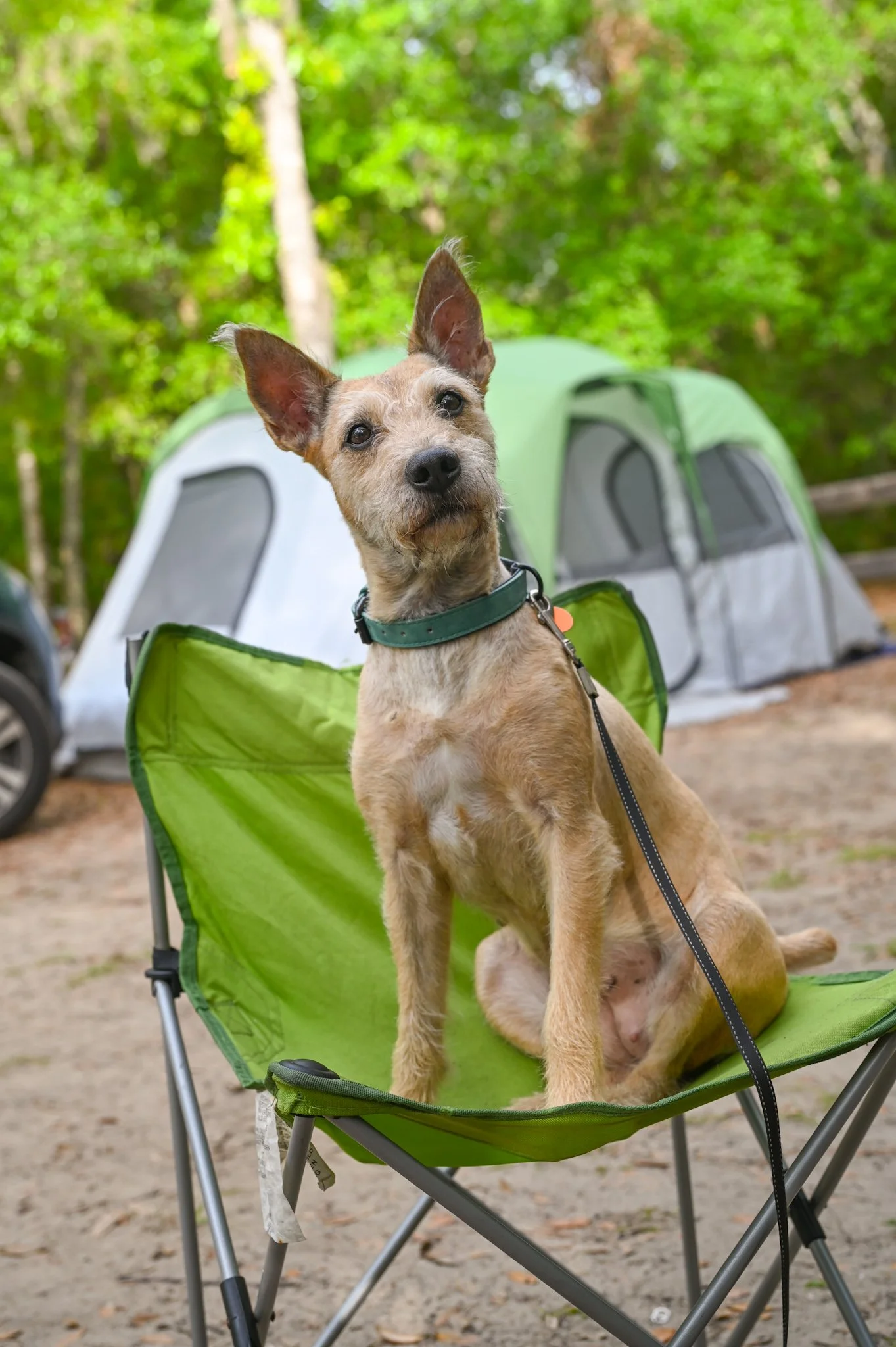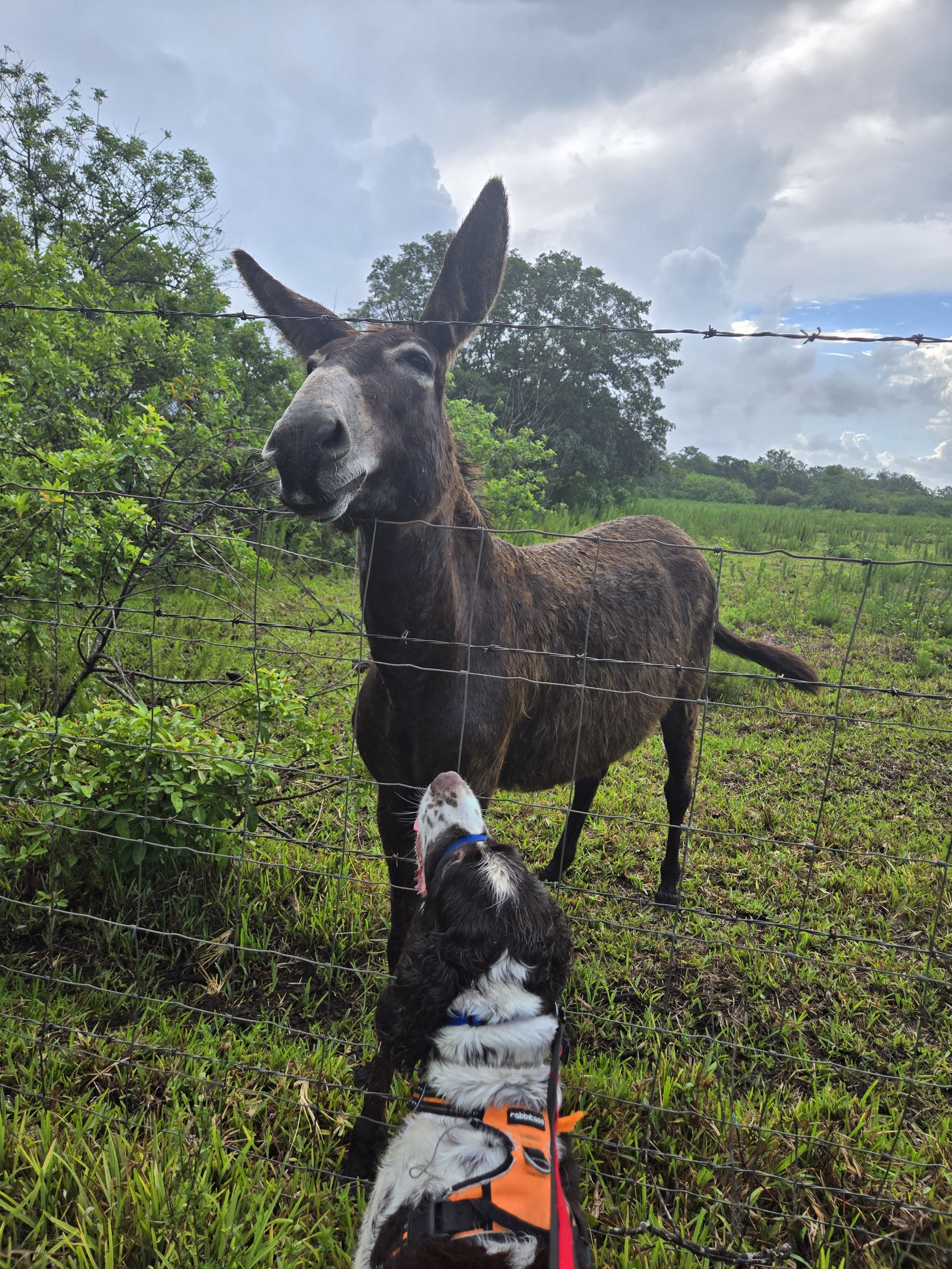Shaping Reliable Dogs for Meaningful Work
Changing Lives One Paw at a Time
Assistance animals play a crucial role in improving the lives of individuals with disabilities, offering both physical and emotional support. Proper training ensures that these dogs are not only capable of performing their tasks but also remain confident, reliable, and well-mannered in public. Whether training a service dog, therapy dog, or any working animal, developing essential skills for success in daily life and public access settings is key. These highly trained animals provide independence, safety, and companionship to those who rely on them, enriching the lives of their handlers in meaningful ways.
Service Dogs v.s. Therapy Dogs
Training is available for working dogs, ensuring they develop the skills needed to perform their roles effectively. While both provide valuable assistance, they serve different purposes and require specialized training tailored to their specific responsibilities.
Service Dogs – Specially trained to assist individuals with disabilities by performing specific tasks that mitigate their handler’s condition. They have public access rights under the Americans with Disabilities Act (ADA).
Therapy Dogs – Provide emotional support and comfort to people in hospitals, schools, nursing homes, and other settings. Unlike service dogs, therapy dogs do not have public access rights but must be well-trained and socialized for their work.
Find out more about these helpful companions HERE
How We Help
💬 Service Dog Suitability Consultation – Evaluating whether a service dog is the right fit for a handler’s lifestyle and needs. 🏙️ Real-World Exposure – Training in various locations to build confidence in different settings. 🛑 The “Act of Doing Nothing” – Teaching dogs how to settle and remain calm in high-distraction areas. ⚠️ Handling Difficult Situations – Preparing dogs and handlers for unexpected challenges. 🤝 Socialization & Etiquette – Teaching manners and appropriate behavior in public settings. 🎯 Task Training Assistance – Support for training specific service dog tasks tailored to the handler’s needs. 🐕 Public Access Training – Teaching dogs to remain calm, focused, and well-mannered in any environment. 📝 Education on Assistance Animals – Understanding how assistance animals provide support, and their legal considerations.
Who is this for?
- Individuals training their own service dog for medical or disability-related needs.
- Therapy dog handlers preparing their dogs for visits to hospitals, schools, or nursing homes.
- Handlers looking to improve their working dog’s behavior in public spaces.
- Owners wanting guidance on whether a service dog is the right fit for them.
Why Choose This Training?
🐾 Personal Experience – Extensive firsthand experience as an owner-trained service dog handler, combined with hundreds of hours working in therapy dog settings, ensuring a well-rounded understanding of both roles.
🌟 Real-World Approach – Practical, hands-on training to ensure dogs are fully prepared for everyday life. 🎯 Custom Training Plans – Every dog and handler team is different, so training is tailored to fit specific needs.
🤝 Supportive & Educational – Providing handlers with the skills and knowledge to confidently work with their dog.





